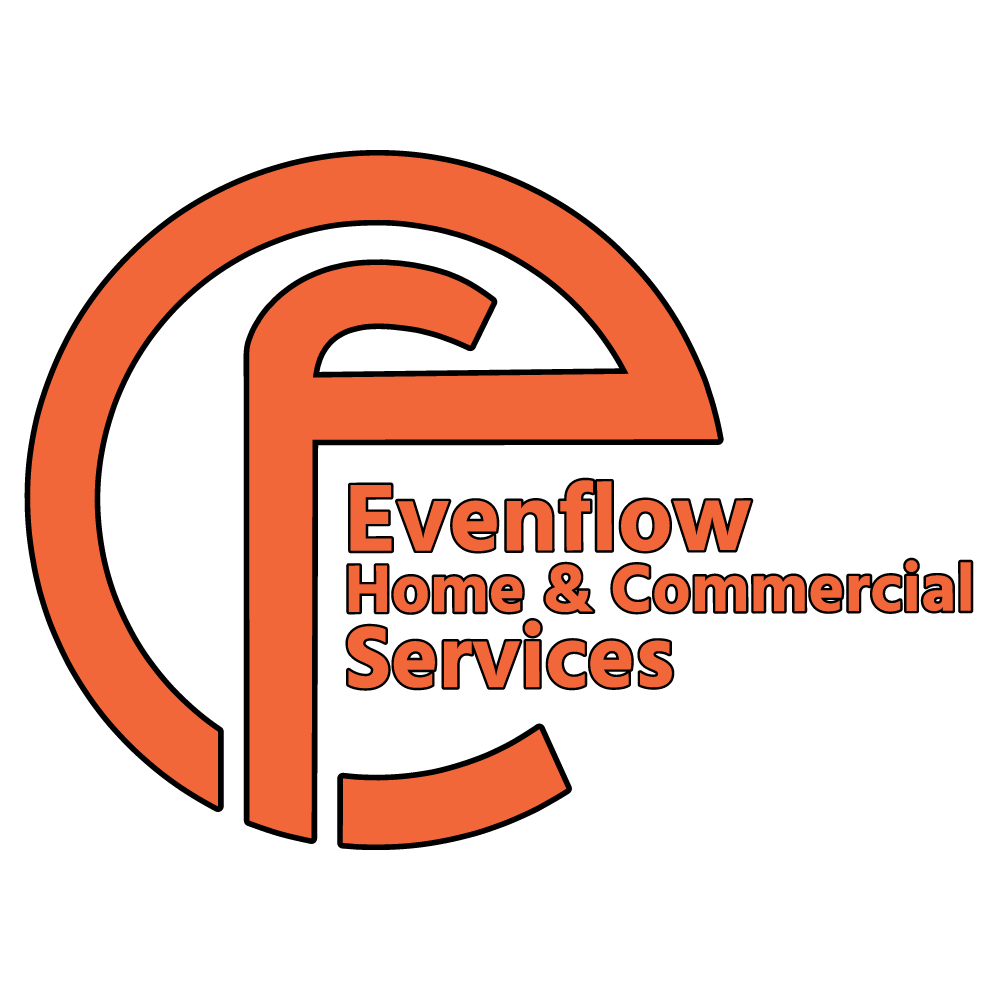Understanding Types of Generators
Like portable models, inverter generators can power applications and tools instantly. They are a gasoline-powered option for smaller appliances with 120 volts.
Generators are valuable tools, especially when a blackout occurs. This backup power source will restore electricity and provide homeowners, businesses, or essential services with their energy needs.
Please keep reading to learn how different types of generators are categorized.
Types of generators
Generators can be categorized into three main groups: portable, standby, and inverter. There are also different generators based on the fuel they use: gasoline, diesel, propane gas, biodiesel, emulsified, natural gas, and hydrogen generators.
Portable generator
As the name suggests, portable generators can power appliances in different locations. The appliance's wattage is vital when connecting it to the generator. This type of generator can survive challenging environments, powering applications with 120- to 240-volt power. They are a reliable backup option for any home.
Portable generators can be used outside as they are a soundproof and lightweight choice. They usually run on gasoline, but some are powered with diesel or hybrid fuels. Furthermore, the load time of portable generators can go from eight to 32 hours, with an average of 10 to 15 hours.
Inverter generators
Like portable models, inverter generators can power applications and tools instantly. They are a gasoline-powered option for smaller appliances with 120 volts. These generators adjust the power input depending on the needed amount, making them cost-efficient. Inverter generators are smaller and more suitable for boats, cars, RVs, and other vehicles.
Typically powered by gasoline, there is also a battery-powered option. Besides saving energy, the adjustable power input also decreases the need to fill the tank frequently, as is the case with other generators.
Standby generators
Unlike the two options mentioned above, standby generators aren't portable but fixed. They are used for industrial and commercial electrical systems and residential needs. A single-phase standby generator will fulfill the requirements of residential and commercial systems, while a three-phased model is required for industrial electrical systems.
They can be powered with hybrid fuels, natural gas, propane, or diesel. Furthermore, standby generators have a switch that powers them automatically. Another benefit of this type of generator is that you don't have to fill the tank for a few weeks to achieve optimal performance.
Some models provide remote monitoring, where you can view its status on a mobile app, while others offer self-tests to determine the proper functioning weekly.
All three types of generators need to be adequately maintained by inspecting oil and fuel levels, the air filters, and cleaning any accumulated substances, like debris or dust.
Choose the right generator
Portable, inverter, and standby generators are built for different purposes. Choosing the right option depends on the homeowner's or company's needs and preferences. To prolong their service life, carry out regular inspections. However, it's better to seek professional help and perform repairs in due time. Keeping records is beneficial as you'll know when to schedule the next inspection.
Evenflow Home Services provides generator sales and installation services to residential and commercial customers in San Antonio, Schertz, Converse, Floresville, Elmendorf, and more. Get competitive pricing, extended warranties, and no interest financing.

